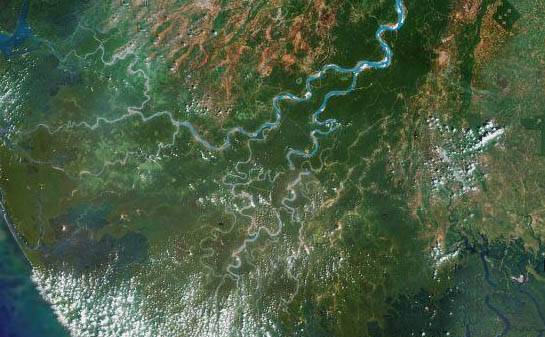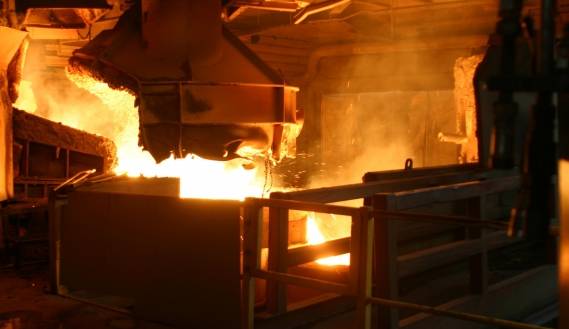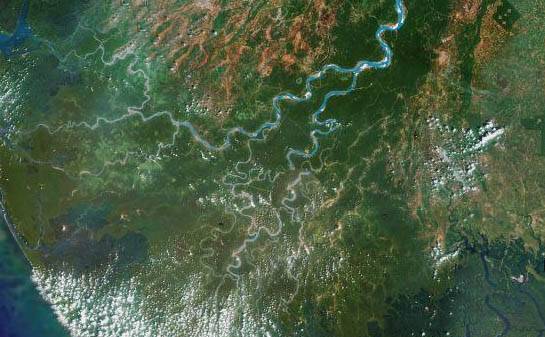Owen Silavweand Aaron Botha talk to Gay Sutton about a transmission line project that will make Copperbelt Energy Corporation the export route for DRC’s power for another generation; and the construction of a new hydro power plant in an area of historic significance for Zambia.





